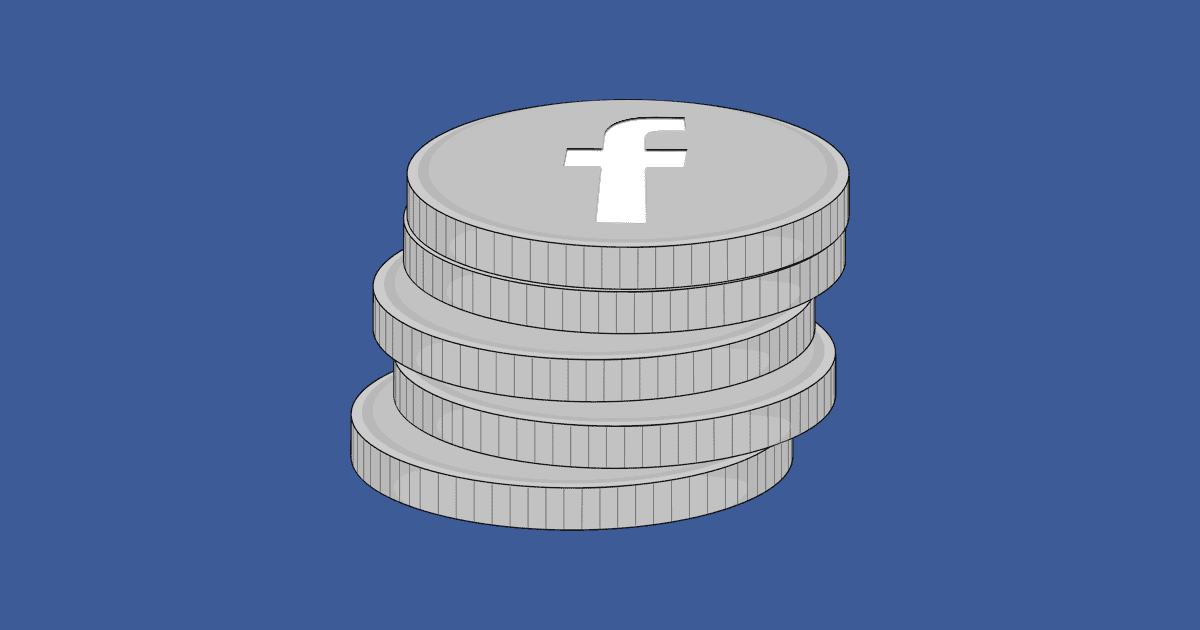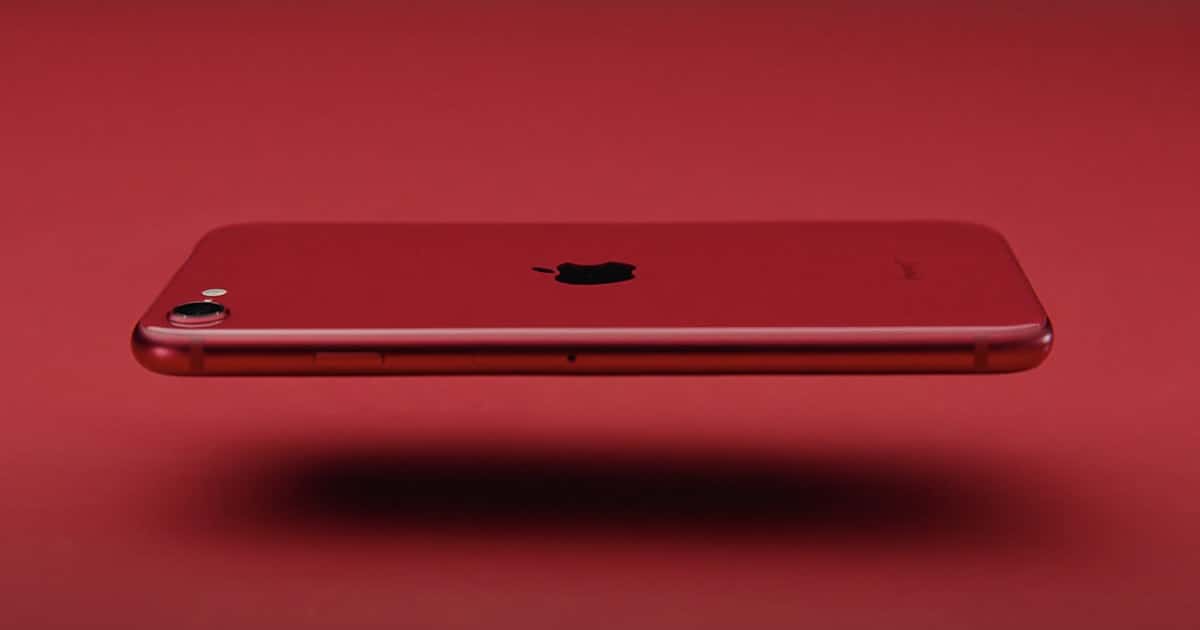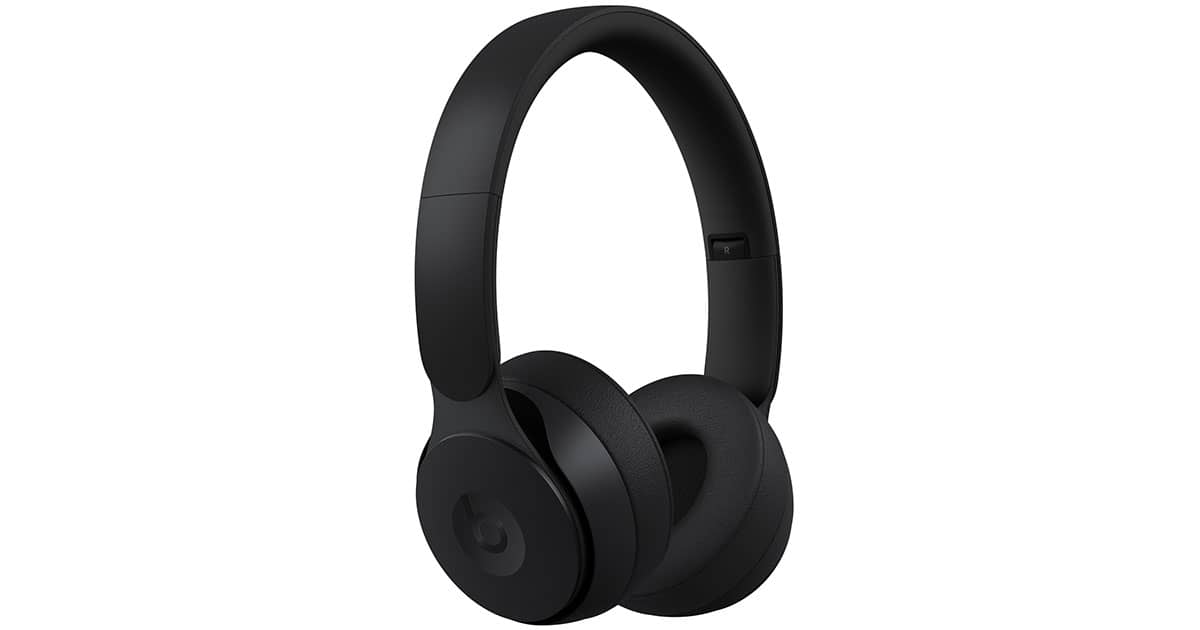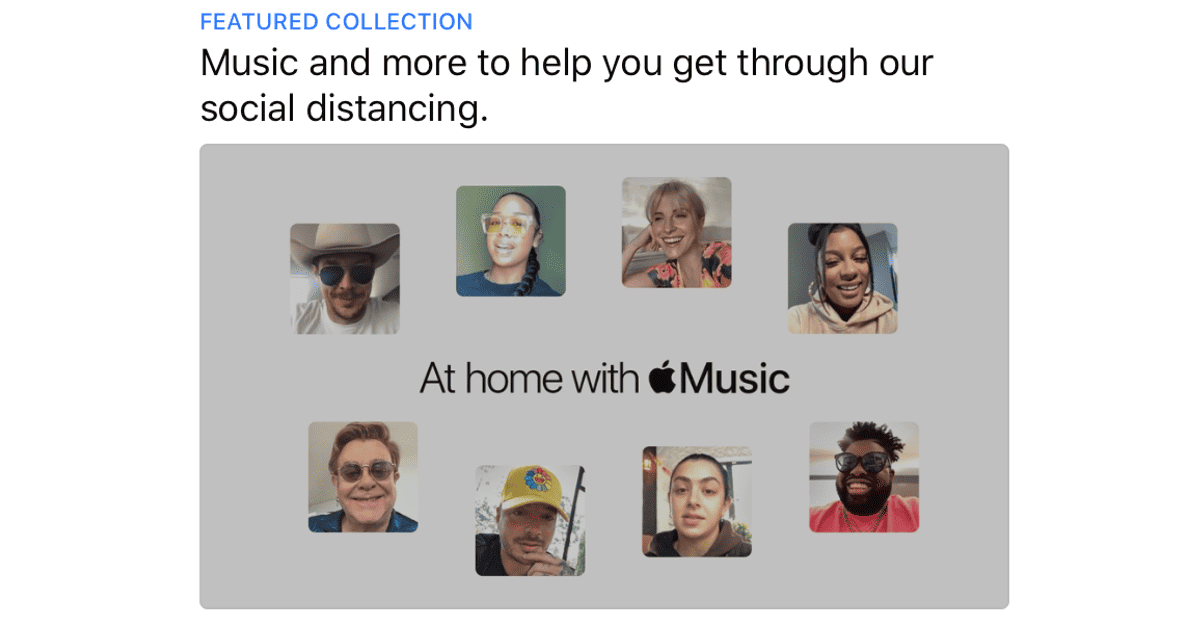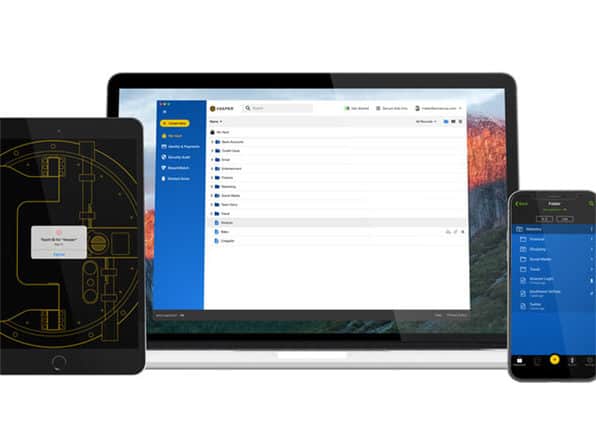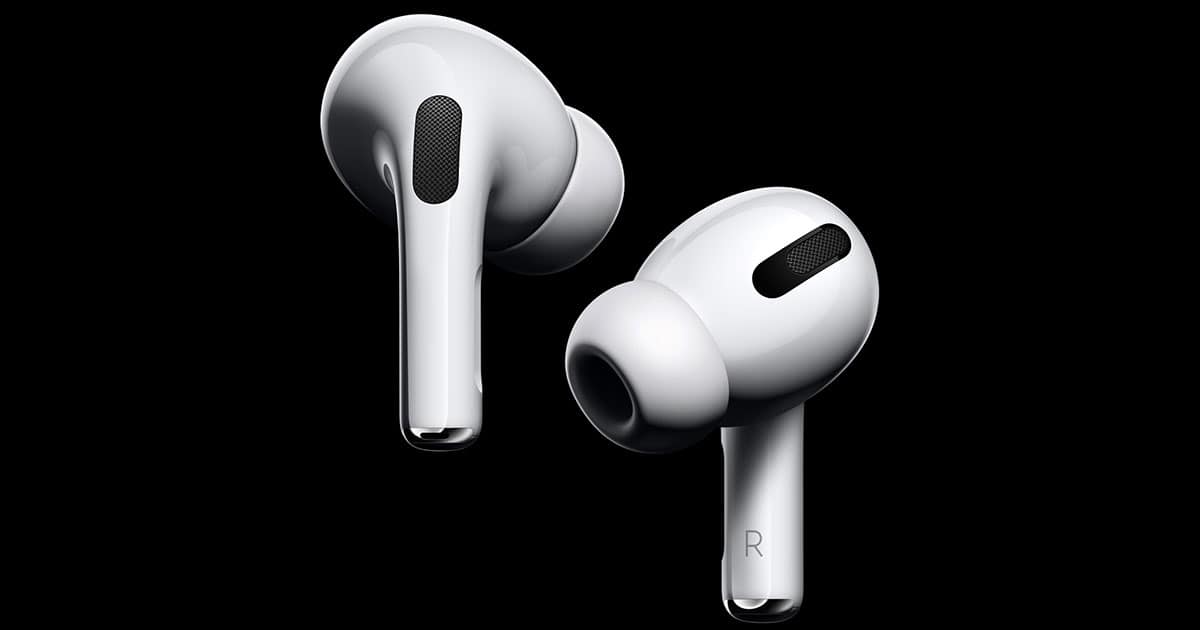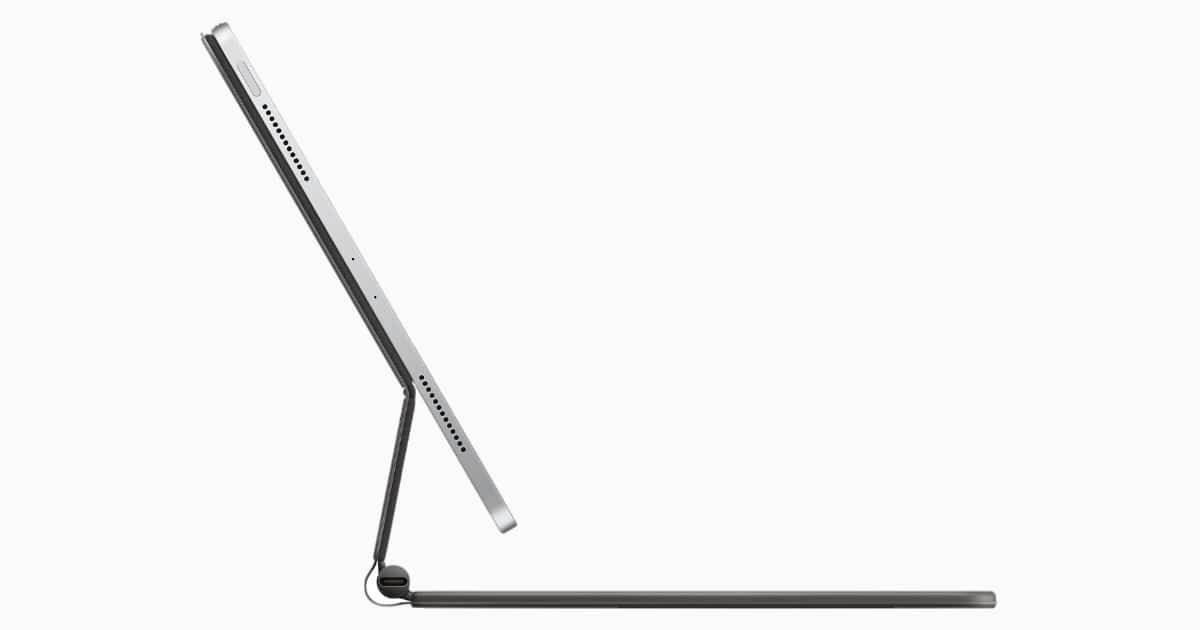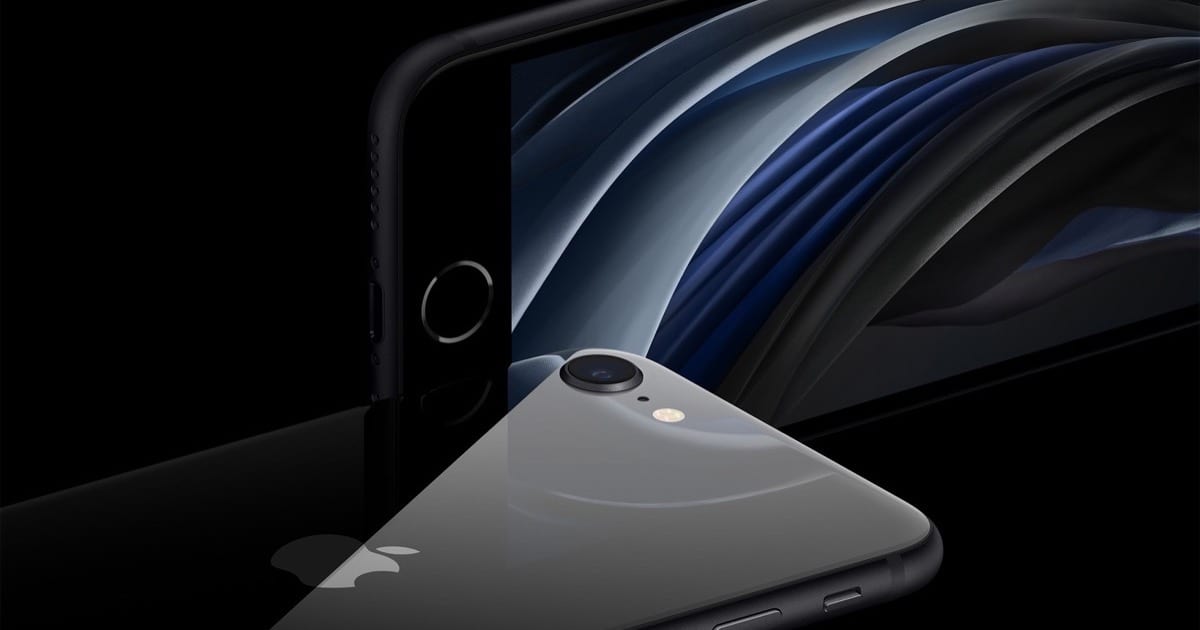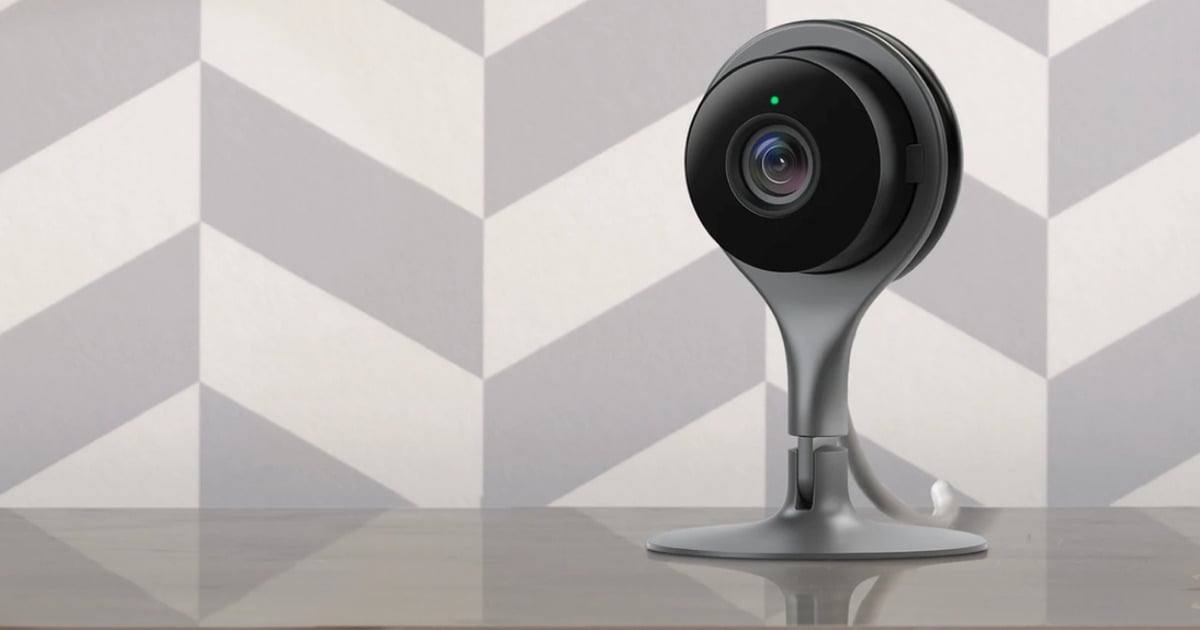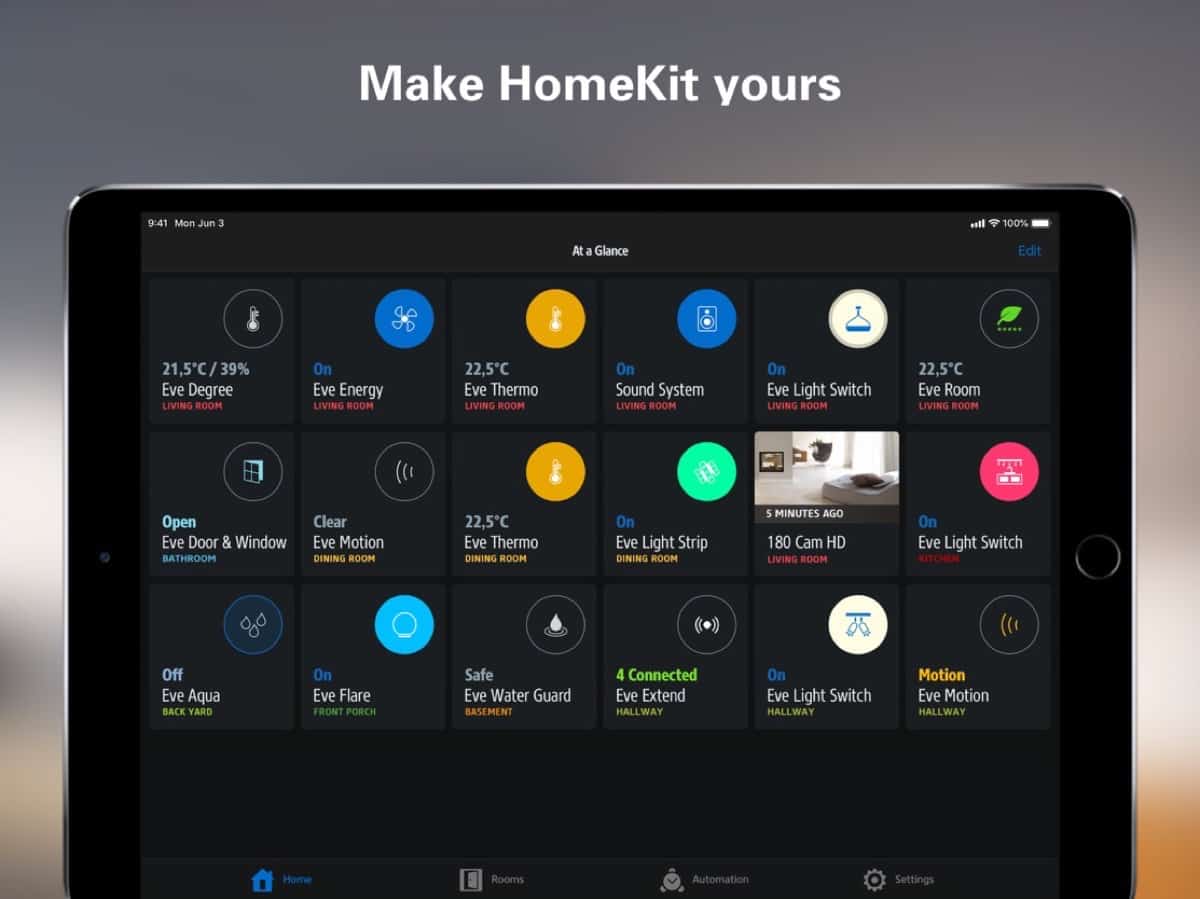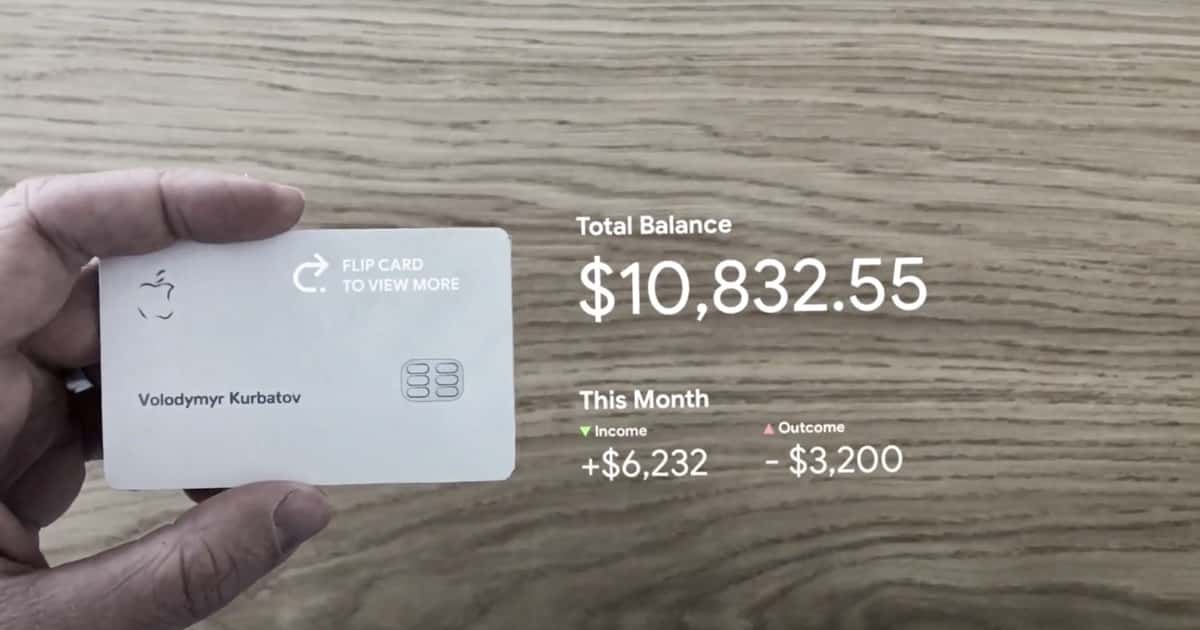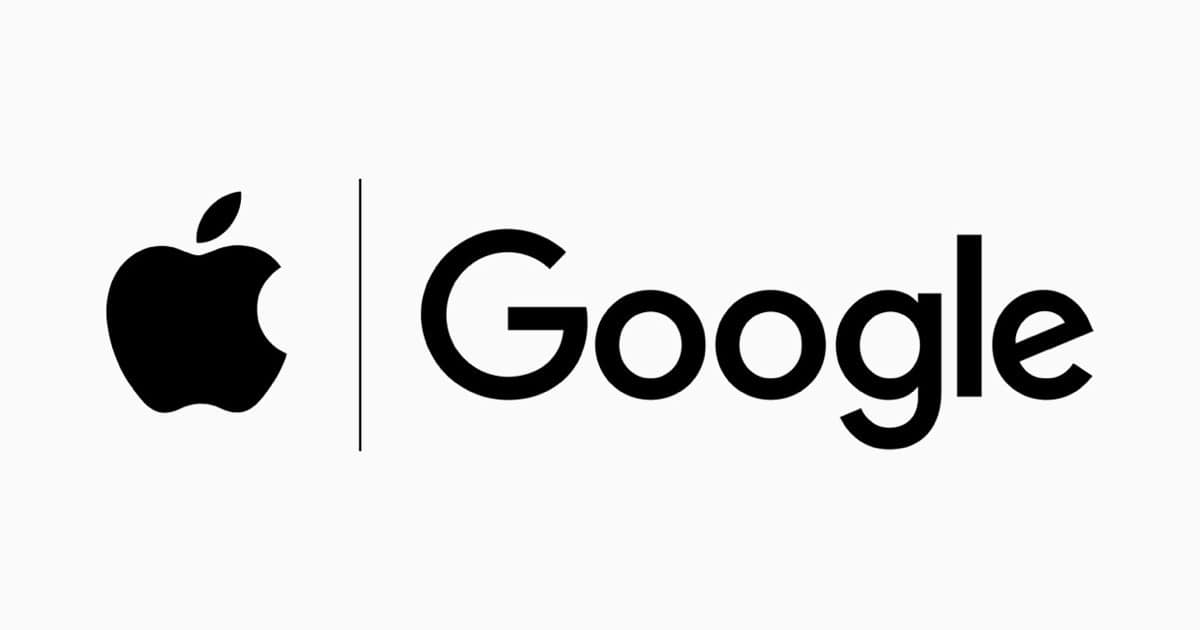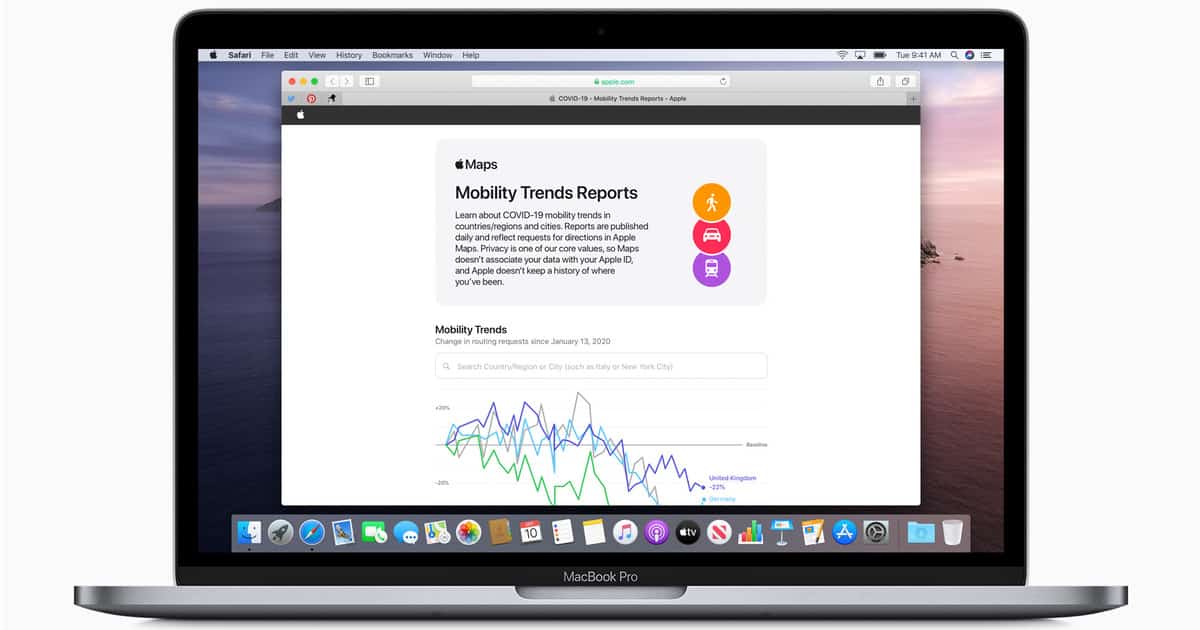Enter our new international giveaway for a chance to win the brand new iPhone 16 Pro.
Facebook Scales Back Libra, Ties it to Fiat Currency
Facebook is scaling back its cryptocurrency project ‘Libra.’ Instead of trying to become the dominant global financial system, its new goals are less ambitious. Instead it will work as a layer on top of traditional fiat currency, much like Apple Pay.
The Libra Association said it had begun the process of getting regulatory approval for the payment network from the Swiss Financial Markets Supervisory Authority. To ensure that authorities around the world are on board, the Swiss agency is working with a “college” of regulators from over 20 countries. The association said it still aimed to bring the system live this year.
A good move by Facebook, in part because there was always going to be strong opposition to Libra. You might work with the government in some aspects, but you don’t mess with its money. And ultimately it’s still a way to compete with the likes of PayPal, Google Pay, and Apple Pay.c
Saved by The Bell is Back - Trailer For Its Peacock Reboot is Here
Saved by the Bell is back! A reboot of the classic ’90s high-school show has been revived for Peacock, which will launch fully in July. Stars Mario Lopez and Elizabeth Berkley are back as A.C. Slater and Jesse Spano. Meanwhile, Zack Morris (Mark-Paul Gosselaar) is the Governor of California…
New Streaming and Subscribers – TMO Daily Observations 2020-04-16
John Martellaro and Charlotte Henry join host Kelly Guimont to discuss new streaming services, and how the “old” ones stack up against them.
Apple And Google Clash With NHS Over COVID-19 App
Apple and Google appear to be in a standoff with the UK’s National Health Service over the development of a COVID-19 contact tracing app. The Guardian reported that the firms’ desire to protect user privacy is as odds with proposals for the NHS’s app which aims to help slow the spread of COVID-19.
Apple and Google are encouraging health services worldwide to build contact-tracing apps that operate in a decentralised way, allowing individuals to know when they’ve been in contact with an infected person but preventing governments from using that data to build a picture of population movements in aggregate. Their policies, unveiled last week, mean that if the NHS goes ahead with its original plans, its app would face severe limitations on how it operates. The app would not work if the phone’s screen is turned off or if an app other than the contact-tracing app is being used at the same time. It would require the screen to be active all the time, rapidly running down battery life, and would leave users’ personal data at risk if their phone was lost or stolen while the app was in use.
Eric Schmidt Says Coronavirus Should Make You Grateful For Big Tech
Former Google CEO Eric Schmidt believes that the coronavirus should make everyone “a little bit grateful” for Big Tech, and direct their anger at the government instead.
The benefit of these corporations — which we love to malign — in terms of the ability to communicate … the ability to get information, is profound — and I hope people will remember that when this thing is finally over. So let’s be a little bit grateful that these companies got the capital, did the investment, built the tools that we’re using now and have really helped us out. Imagine having the same reality of this pandemic without these tools.
Of course, as Mr. Schmidt undoubtedly knows, reality is never black and white. We can be grateful to Big Tech while also keeping them and their policies in check. The internet is certainly an essential service, and this pandemic is an argument for making the internet a public utility.
Product(RED) Proceeds Going to COVID-19 Relief Fund
Until September 30, Apple is going to donate 100% of eligible proceeds from the sale of Product (RED) items to a COVID-19 relief fund.
Apple Working on Noise-Canceling Over-Ear Headphones
Apple is reportedly working on high-end over-ear wireless headphones – seemingly a direct competitor to its own Beats brand.
Apple Now Sells AirPods Pro Replacement Tips
Apple has started selling AirPods Pro replacement on its website. They were previously only available through Apple Support.
Apple Music Offers Insight Into Popstars Lockdown Lives With 'At Home' Collection
Apple Music now has a collection called “At Home.” It includes playlists compiled by a number of stars including Harry Styles and Charli XCX. There are also playlists to suit different moods. Furthermore, Beats 1 personalities such as Zane Lowe are joined by various music stars for FaceTime chats and there are interviews too. More content is on the way, and it is all available in the ‘Browse’ section of the Music app. (The link below will send you to Elton John’s playlist in the collection…because Elton John.)
iPhone SE: 2020 Edition – TMO Daily Observations 2020-04-15
John Martellaro and Bryan Chaffin join host Kelly Guimont to discuss the newly released iPhone SE, or SE: 2020, or SE 2: Electric Boogaloo…whatever it’s called, Apple released the new one today and there was a lot to say about it.
Keeper Unlimited Password Manager 3-Year Subscription: $53.99
We have a deal on Keeper, a password manager for iOS, Mac, Android, Windows, and Linux. With Keeper’s password manager and vault, you can generate, store, and AutoFill strong passwords on all devices while securely storing private documents. It also supports multiple forms of 2FA, including TOTP, SMS, Touch ID, Face ID, and U2F security keys (e.g. Yubikey). A 3-year subscription is $53.99 through our deal.
Here’s How to Connect AirPods to a Mac for the First Time
When you open the lid of an AirPods case it starts searching for devices to pair with. Here’s how to connect AirPods to a Mac.
iPad Pro Magic Keyboard Available to Order Today Starting at $299
Along with the iPhone SE announcement, Apple also said that the iPad Pro Magic Keyboard is available to order today.
Apple Announces iPhone SE With A13 Bionic Chip Starting at $399
Today Apple announced the next version of the iPhone SE. It comes with the powerful A13 Bionic chip, and a 4.7-inch Retina display.
Google Reducing Video Quality of Nest Cams to Free-up Bandwidth
Google is reducing the video quality offered by its Nest Cams, Techcrunch reported. It joins the list of companies including Apple, taking measures to help to free-up bandwidth during the coronavirus outbreak. Indeed, Google-owned YouTube has begun showing videos in Standard Definition by default to this end.
In an email to users, Google says it is temporarily lowering the video quality of Nest Cams in an effort to limit how much bandwidth each camera uses and, in turn, “conserve internet resources.” The adjustment is rolling out over the next few days, and Google says anyone who has their quality settings adjusted will get a notification in the Nest app… While Nest cameras aren’t inherently using more bandwidth right now than they otherwise might, each camera already used a good amount of bandwidth day to day. A Nest Cam IQ, for example, uses roughly 400GB of data per month at its highest settings; cutting this down to medium high shaves that down to 300GB.
Tim Cook Joins President Trump’s Committee on Reopening American Economy
Apple CEO Tim Cook is part of President Trump’s committee advising on re-opening the economy following the coronavirus lockdown.
Eve 4.2 Update Improves Support for HomeKit Cameras
Version 4.2 of Eve’s app brings automatic syncing of Eve settings across your iOS devices, improved support for HomeKit cameras, redesigned appearance controls for your Rooms, and more. The company is also preparing for the release of Eve Cam which will starting shipping May 2020.
Eve Cam exclusively taps into HomeKit technology to deliver state-of-the-art privacy by design, with no parallel data sharing, no account or registration, and no tracking or profiling. And even when you’re at home and have disabled all video features, you can still use Eve Cam as a full-blown motion sensor to control your other HomeKit-enabled accessories.
App Store: Eve for HomeKit – Free
Portable Second Monitor for Your MacBook: $179.35
Our deal for the Mobile Pixels DUEX Pro portable dual monitor is back. This device is a portable monitor designed to be hung off the side of your MacBook or other laptop. It’s a 1080p resolution display, and it works through USB-C. It’s $249.99 through our deal, but coupon code SAVEDUEXPRO brings it down to $179.35 at checkout.
Insanely Cool Concept Shows Apple Card With AR Features
Volodymyr Kurbatov recently created a concept video for the Apple Card that imagines how it could work with augmented reality.
All GitHub Features are Now Free for Everyone
GitHub announced today that it’s making all of its core features free for everyone starting today. Here are the new changes.
How Apple and Google Apple Will Get us to Use COVID-19 Contact-Tracing Tech
One of the big discussions around Apple and Google’s partnership on COVID-19 contract-tracing apps is how they were actually going to get people to use them. Casey Newton of The Verge joined a call in which the firms explained that the important is the second phase – baking the technology into a device’s operating system so people don’t have to install a health authority app.
The companies said that by phase two of their effort, when contact tracing is enabled at the level of the operating system, they will notify people who have opted in to their potential exposure to COVID-19 even if they have not downloaded the relevant app from their public health authority. My understanding is that the operating system itself will alert people that they may have been exposed and direct them to download the relevant public health app. This is significant because it can be hard to get people to install software; Singapore saw only 12 percent adoption of its national contact-tracing app. Putting notifications at the system level represents a major step forward for this effort, even if still requires people to opt in.
Apple Releases Mobility Data, Replies to Senate – TMO Daily Observations 2020-04-14
Andrew Orr and John Martellaro join host Kelly Guimont to discuss Apple’s release of (anonymized) mobility data, and their reply to a Senate letter inquiring about the COVID-19 website.
Apple Making Mobility Data Available in Latest Coronavirus Fighting Effort
Apple is making aggregated navigation data from Apple Maps available to support public policymaking and help tackle the coronavirus.
WeChat Poses Threat to Apple in China
WeChat, a mix of a messaging, social media, and e-payment app from Tencent, seems to flout App Store rules. But it is so ubiquitous in China that Apple has to let this slide. AppleInsider, picking up on reporting from The Information, looked at the problems this could pose for Apple in the country.
WeChat itself is an app, but within it, users can open what maker Tencent calls mini-programs. Right from the start, it appears that Apple recognized the potential for mini-programs to offer App Store-style services without playing by App Store rules. According to The Information, a team from Tencent visited Apple around 2017 specifically to reassure Tim Cook that mini-programs were not apps. That mini-programs were not a threat. The argument then was that these mini-programs were limited in functionality and did not even attempt to compete with full-blown apps. Now, however, they do. Some mini-programs include live video streaming, and even augmented reality.

